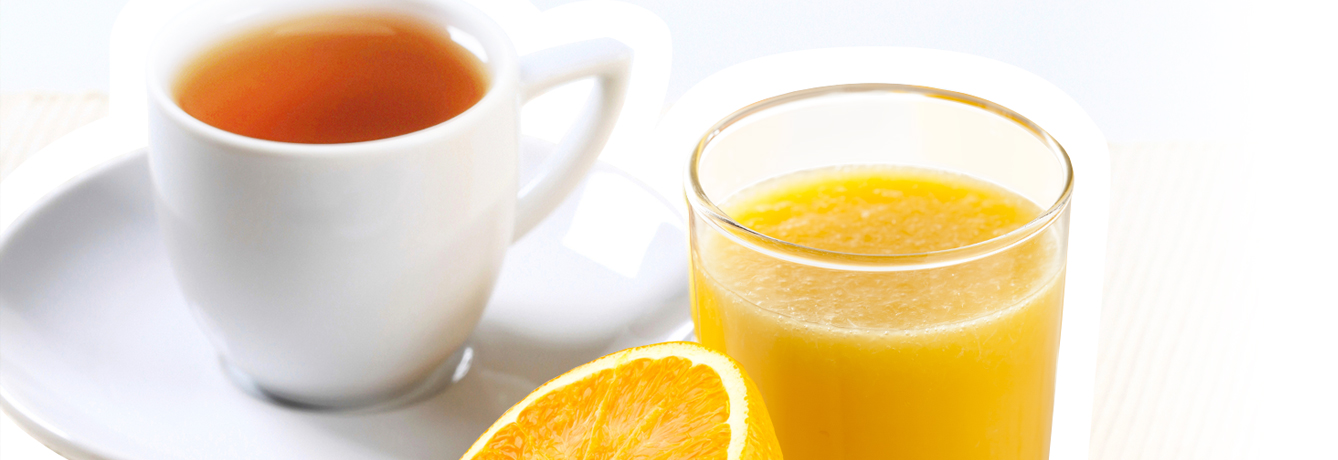Do you start your day with a glass of OJ and end it with a cup of tea? If you’re a woman with these habits, we have good news for you. Two new studies published in The American Journal of Clinical Dietetics using data from the Nurses’ Health Study have linked certain compounds in these foods to both lower risk of ovarian cancer and increased odds of healthy aging.
In one study, researchers followed over 170,000 women in the Nurses’ Health Study and Nurses’ Health Study II for about 20 years, periodically collecting data on what foods they ate. They specifically focused on intakes of flavonoids, bioactive compounds in plant foods that might help protect against cancer. Researchers also monitored for new diagnoses of ovarian cancer. Analysis showed women with the highest usual intakes of flavonols and flavonones, two types of flavonoids, had significantly reduced risk of epithelial ovarian cancer, suggesting these compounds may be associated with lower risk of the disease. Just two cups of black tea per day lowered risk of ovarian cancer by 31%.
The other study looked at nearly 14,000 women from the Nurses’ Health Study in their late 50s for 15 years. Researchers measured average intakes of flavonoid-rich foods and monitored for signs of healthy aging – namely that the women stayed chronic disease-free. They found women who ate the most flavonoid-rich foods had greater odds of staying healthy and surviving to older ages.
So what were these ladies eating? We have more good news: Major sources of flavonoids include tea, whole citrus fruits, and citrus juices, foods that can easily and inexpensively be incorporated into anyone’s typical diet. If you’re not already doing so, start your day with an orange or grapefruit, and try swapping your afternoon coffee for a cup of tea with lemon. Citrus fruits also add bright color and sweet flavor to green salads. Try our favorite recipe for Winter Citrus Salad made with oranges and grapefruits. Delicious, colorful, and good for you too – ‘orange’ you happy to hear?
Bonus: Australian researchers have linked high citrus consumption with a 50% lower risk of developing cancers of the mouth, throat, and stomach.
Published December 1, 2014



